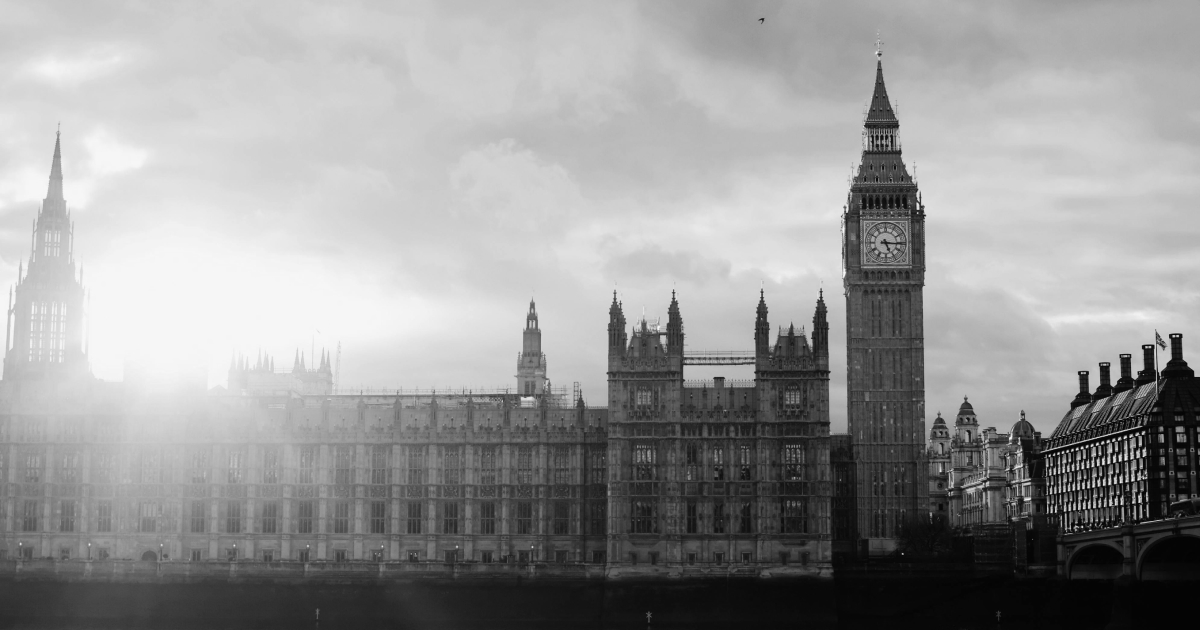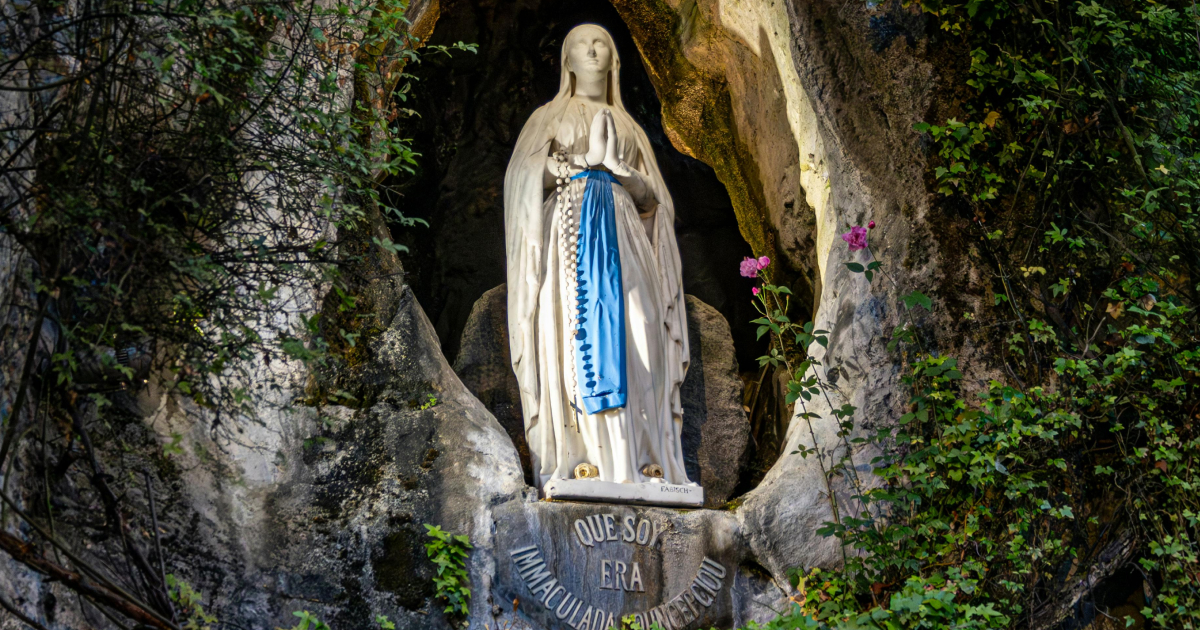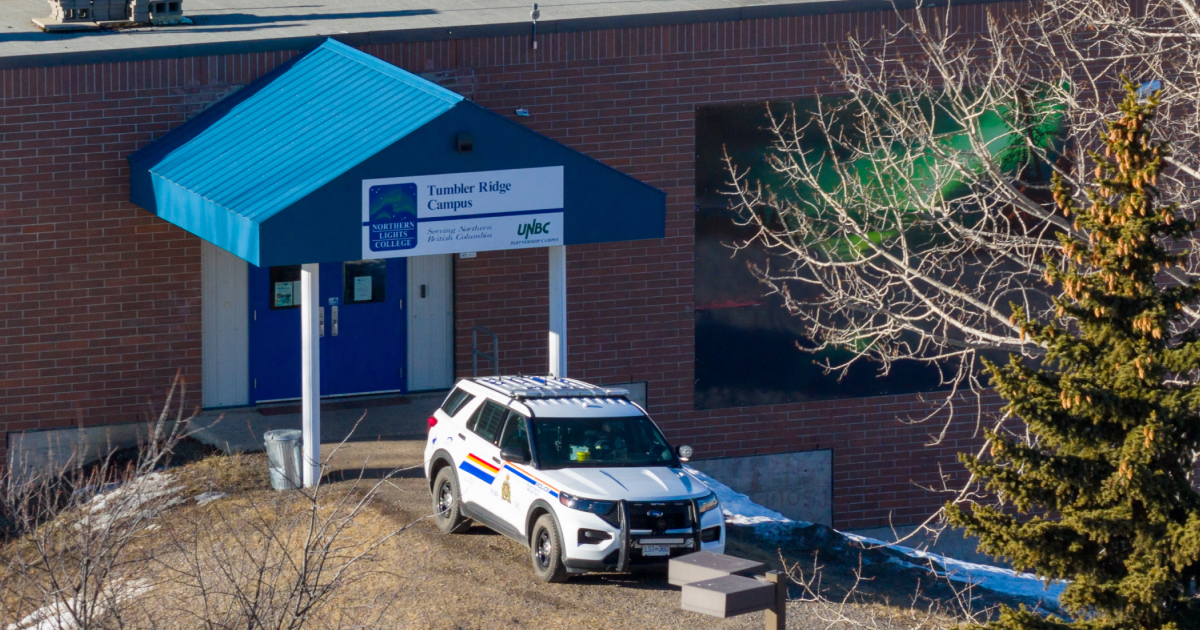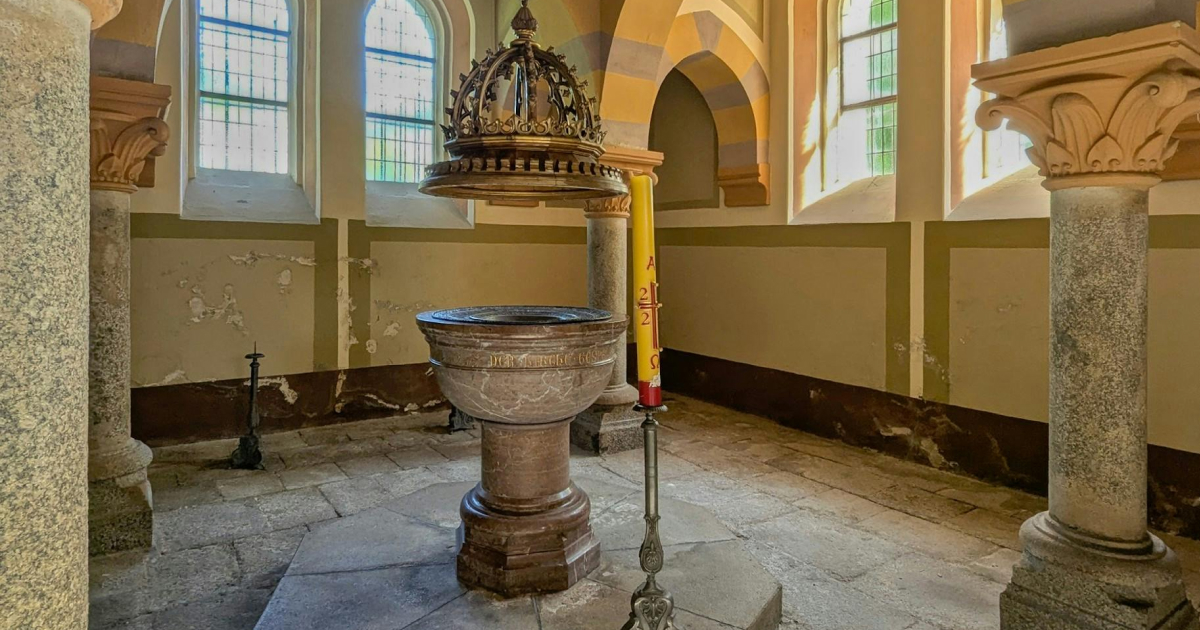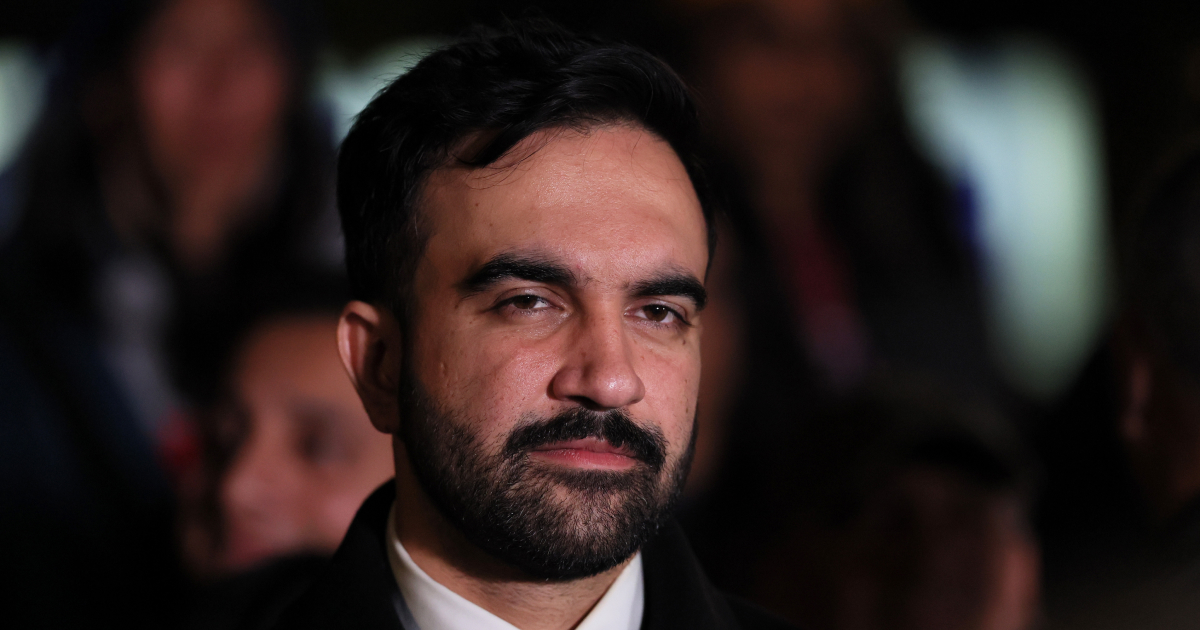Taybeh is an ancient village located in the West Bank, northeast of Jerusalem. Its historic Church of St George dates back to the fifth century AD, making it a significant site in Christian heritage. Taybeh is notable for being the last fully Christian village in the region. While Christians made up approximately 10 per cent of the Palestinian population in 1948, today they account for fewer than one in 100. With a population of around 1,250–1,300, the village's numbers continue to dwindle because of emigration.
In recent weeks, Taybeh has made headlines after repeated attacks by extremist Israeli settlers. In the early hours of a Monday morning, settlers stormed the village, spray-painting graffiti on walls and setting fire to cars. Less than three weeks earlier, they had set fire to land behind St George’s Church, which is used by all the churches in Taybeh for various purposes, including the conclusion of the Palm Sunday procession.
Fr Bashar Fawadleh, the Catholic parish priest of the Church of Christ the Redeemer in Taybeh, says Christians in the village live in constant fear. “We can't sleep at night because we don't know when or where the next attack will come,” he explains. “But we are not leaving. This is our land, and this is our life.”
Fr Bashar continues: “Yesterday, German Foreign Minister Johann Wadepfol visited Taybeh. It was a good visit—he was very supportive and very kind. He emphasised that he wanted to support the Christian community here.” Although this visit was the highest-profile to the village, several ambassadors and consuls have visited before. But the fear remains, and the attacks have not stopped.
The US Ambassador to Israel, Mike Huckabee, also visited the village after nearby church land was set on fire. He promised to protect the land, the people, and places of worship for all religions. But despite these promises, the settlers attacked again. The residents of Taybeh continue to live under the threat of attacks, often carried out in a deliberately provocative and defiant fashion.
“We know we are under attack,” says Fr Bashar. “But we can't go anywhere else. We are very afraid, but we are determined to stay and cling to our land and our lives.”
The parish priest of the Melkite Church sent witness statements to the Jerusalem police commander to report the incidents, but there has been no response. The Latin and Greek Patriarchs of Jerusalem have called for an independent investigation into the attacks, yet no significant action has been taken.
The attacks appear to be part of a systematic campaign: first, settlers occupy grazing land used by local farmers; then they destroy crops, including olive groves—an essential produce for the community. They also target church land and set fire to open fields. The strategy appears designed to terrorise the local population and force them to leave.
The impact is already being felt. Ten families have emigrated since 7 October—a sizeable proportion of the population. Many others are considering leaving, fearing for their future and the safety of their children. “Many people intend to leave Palestine,” says Fr Bashar. “But I don't think emigration is in our best interest. It’s always a loss—the loss of Christian presence in Palestine. We are bleeding from emigration, and that’s something we think about deeply.”
“The Palestinian people are a people who love life,” Fr Bashar says. “They want to stay in their land. They are peaceful and deeply rooted in their homeland. They want to remain here, in this Holy Land.”
However, the situation now is worse than it was before the attacks on 7 October. The Latin Patriarchate is working to create job opportunities and housing for young families to encourage them to stay. “Through your support, we want to send a message of hope,” says Fr Bashar. “We are the last 100 per cent Christian village in Palestine. We are deeply connected to the surrounding villages east of Ramallah. We have had workers with the Rimonim settlement since the 1970s. Many of our students are Muslim. In the Catholic school, 70 per cent of the students are Muslim, and in the Orthodox school, 85 per cent are Muslim. We maintain very good human and social relations.”
While the situation in Gaza remains urgent, Fr Bashar stresses the importance of addressing the challenges of displacement, forced migration, and the rise of extremist settlements. “For the Church, the presence of Palestinian Christians in the land of Christ is essential,” he says. “Our numbers may be small, but we are the salt and light of the world.”





.png)


